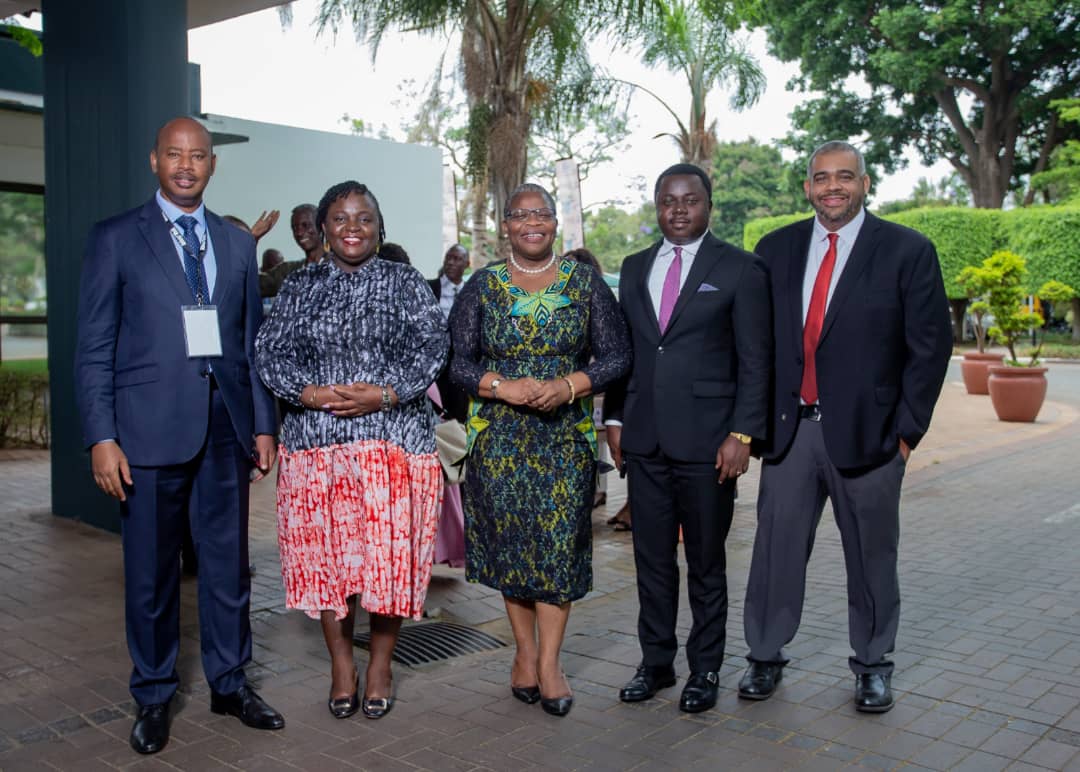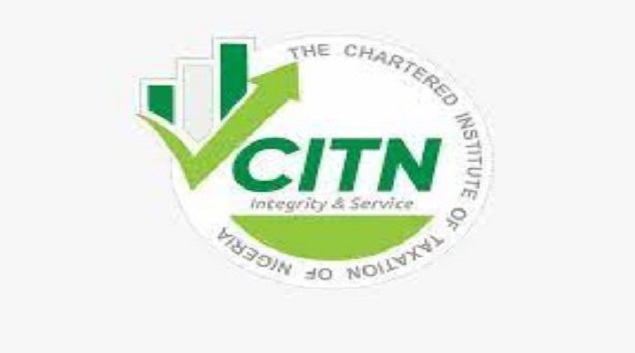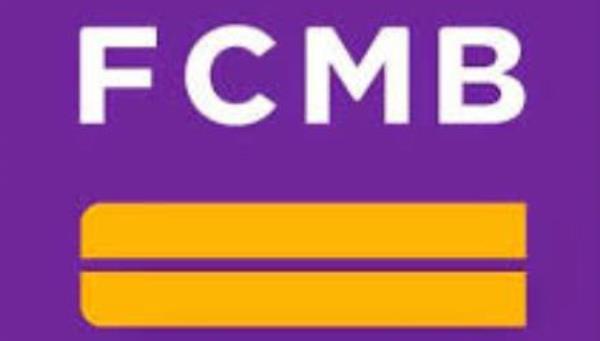E-Financial
Sterling One Foundation Commits to the African Union Year of Education

Sterling One Foundation has reiterated its commitment to investing in foundational learning and working with the Association for the Development of Education in Africa (ADEA) and partners to boost education in Africa.

L-R: Albert Nsengiyumva. Executive Secretary, Association for the Development of Education in Africa (ADEA), Olapeju Ibekwe, CEO, Sterling One Foundation, Obiageli Ezekwesili, Former Minister of Education, Nigeria and Founder, Human Capital Africa, John Ntim Fordjour, Deputy Minister of Education, Ghana and Dr. Benjamin Piper, Director of Global Education, Bill and Melinda Gates Foundation at the 2023 High Level Policy Dialogue on Foundational Learning in Zambia recently.
This commitment was made at the 2023 High Level Policy Dialogue hosted in Zambia by ADEA and the Zambian Ministry of Education to inform policy and decisions on foundational learning, foster dialogue and peer learning, and share good practices on what works in foundational learning in support of the African Union Year of Education scheduled for 2024.
Over the years, development experts have bemoaned the dire situation facing Africa’s youth, given the inefficient education system in place to cater to them, coupled with the rapid rise in their population. In Sub-Saharan Africa, the State of Global Education Update reports that only 10% of 10-year-olds are able to read basic story texts or solve simple arithmetic problems, thus placing the region as the lowest in terms of numeracy skills and foundational literacy in the world.
With this challenge at the front burner, ten African Ministers of Education and some other country representatives agreed to prioritize foundational learning and develop a foundational learning starter pack model for the 2024 African Union Year of Education (AUYoE) and beyond, as an urgent step towards tackling the challenge.
The starter pack is expected to serve as a uniform resource material that will help the participating countries develop a sustainable solution for the problem. Furthermore, the model will prioritize data collection and analysis of the data in partnership with ADEA and other key policy partners to improve laws and bring to fore policies that foster more efficiency, peer learning and best practices in support of the AUYoE.
Sharing her perspective on the resolutions from the Dialogue, Mrs. Olapeju Ibekwe, ceo of the Sterling One Foundation hailed the ideas and strategies put forward, stating that it will strengthen the work of private sector and civil society organizations contributing to the solutions.
“Policies are crucial to sustainable development work in Africa and we are glad that the deliberations here have fashioned out ways to improve the work being done across the early childhood and primary education value chain. At our Foundation, we support the work of different stakeholders through grants, technical support and strategic engagements, and we are excited to see how the mainstreaming of the resolutions here will improve that work,” she added.
Some of the key aspects the decision-makers at the Policy Dialogue hope to address in the immediate future include adoption of structured pedagogy for the continent, introduction of more age-appropriate teaching methods and use of technology to improve teacher quality, through training and performance monitoring and improvement.
The Minister of Education of Zambia, Hon. Douglas Munsaka Syakalima while stressing the importance of all stakeholders taking the resolutions seriously mentioned that education, especially foundational learning is at the base of what will drive Africa’s development.
“It is by building people that we will derive the resources to craft a new vision and bring such a vision to life. Without foundational skills in numeracy and literacy, there can be no further learning quality,” he said.
Participants at the High-Level Policy Dialogue got the opportunity to review some of the solutions and insights from the participating countries to see what works and where improvements and adaptations are possible. There were also school visits organized for participants to get some firsthand experience of play-based learning and other important concepts made possible by the right policies.
During his remarks, the Executive Secretary of ADEA, Mr. Albert Nsengiyumva highlighted the need for a collective commitment to tackling the crisis the continent faces, stating that: “Africa is the continent most affected by the learning crisis, and it is where the solutions must be developed.”
He thanked the participating Ministers of Education and other stakeholders for the work they have done so far, and urged them to continue on that momentum to ensure the acceleration of progress.
Some other leaders who spoke at the Policy Dialogue include Dr. Obiageli Ezekwesili, Founder of Human Capital Africa and Co-convener of the Foundational Learning Ministerial Coalition, and Dr Benjamin Piper, Director of Global Education at the Gates Foundation, both of whom advocated strongly for data-driven decisions and scaling what has worked.
E-Financial
CITN Tasks New Tax Professionals to Shape Fiscal Policies for Efficient Tax System

Mr. Samuel Agbeluyi, the President of the Chartered Institute of Taxation of Nigeria, has charged incoming tax professionals to see their roles as critical to shaping Nigeria’s fiscal policies and building a more efficient tax system.

Agbeluyi gave the charge on Tuesday at the opening of the April 2025 Pre-Induction Orientation Programme held in Abuja.
While addressing participants, the CITN President said the orientation marked not just a personal achievement for inductees but the beginning of a greater national responsibility.
According to him, “Ultimately, it is expected that at the end of this programme and the induction thereafter, the number of tax professionals in the roll call of the CITN and indeed Nigeria would grow.
“Most importantly, more professionals would be added to the struggle of building an efficient and effective tax system in Nigeria, whilst influencing government fiscal policies and adding immense value to various stakeholders.”
Agbeluyi stated that the institute’s charter empowers it to determine the standard of knowledge and skills required to become a professional in the field, adding that the training was a deliberate step towards producing competent tax administrators capable of delivering value in the Nigerian economy.
He also noted that facilitators had been carefully selected from among experienced tax professionals and administrators to guide inductees using practical scenarios.
In her remarks, the Deputy Director of the CITN Tax Academy, Mrs Yetunde Suleiman, said the training was designed to expose participants to key developments in national and international tax administration, as well as emerging issues in the digital economy.
She noted that taxation remained central to Nigeria’s economic development and urged the inductees to take their training seriously in light of growing challenges in the country’s tax system, such as evasion, ambiguity of laws and high compliance costs.
Suleiman said, “There is a continuous need to produce, train and unleash qualified tax professionals to tackle these hydra-headed tax challenges.”
She urged participants to approach the sessions with enthusiasm, noting that the knowledge acquired would prepare them to become ambassadors of the institute and sound professionals equipped to drive reform in the tax space.
E-Financial
FCMB Capital Markets Leads ₦11.85bn GLNG Bond for LNG Plant Expansion

FCMB Capital Markets Ltd. successfully led the issuance of GLNG Funding SPV Plc’s ₦11.85 billion 10-Year Series 2 Senior Guaranteed Fixed Rate Infrastructure Bond, which closed in February. This milestone underscores investor confidence in Nigeria’s clean energy transition.

The bond, issued by GLNG Funding SPV Plc and sponsored by Green Liquified Natural Gas (GLNG) as part of its capital-raising plans, is a key step in financing the construction of a mini-LNG plant with a liquefaction capacity of 200,000 standard cubic meters of gas per day.
The facility will help bridge Nigeria’s power supply gap and offer industries a cleaner, cost-effective alternative to diesel.
The issuance was backed by InfraCredit, an AAA-rated infrastructure credit guarantee firm, and is expected to generate over 500 direct and 2,000 indirect jobs, supporting Nigeria’s sustainable economic growth.
“FCMB Capital Markets remains committed to financing projects that drive clean energy adoption and long-term economic impact,” said Ikechukwu Omeruah, Managing Director, FCMB Capital Markets Limited.
“We appreciate the trust placed in us by GLNG and the invaluable role played by InfraCredit and investors in enabling the successful conclusion of this transaction.”
As gas adoption accelerates in Nigeria, a 2022 Clarke Energy report estimates that manufacturers could save up to 30% by switching to gas from the grid and as much as 80% compared to diesel.
FCMB Capital Markets, a part of FCMB Group, has been instrumental in raising over ₦3 trillion in debt and equity capital for leading corporate organizations in Nigeria over the past five years, reinforcing its position as a key player in the country’s capital markets.
E-Financial
How Nigerian Banks Earned N14.26 Trillion in Interest Income in 2024

Nine leading Nigerian banks collectively generated N14.26 trillion in interest income in 2024, reflecting a 119.55% increase from N6.49 trillion in 2023.

This surge is attributed to the Central Bank of Nigeria’s Monetary Policy Committee raising benchmark interest rates to combat inflation, which reached 34.80% by the end of the year.
Among the banks, Zenith Bank recorded the highest actual income increase, while First Holdco led in percentage growth. Access Holdings, UBA, GTCO, Stanbic IBTC, FCMB Group, Fidelity Bank, and Wema Bank also reported significant gains.
However, a portion of this income was derived from non-performing loans, raising concerns about the sustainability of these earnings.
In contrast, the manufacturing sector faced operational costs of N2.5 trillion, with high interest and energy expenses straining growth. Industry leaders have called for a halt to further rate hikes, warning of potential risks to the real sector’s recovery.
This financial dynamic underscores the contrasting fortunes of Nigeria’s banking and manufacturing sectors. What are your thoughts on these developments?

 Telecom2 days ago
Telecom2 days agoDigital Transformation Remains Africa’s Gateway to Economic Advancement – Adumike

 Telecom2 days ago
Telecom2 days agoPAFON 2.0: Experts Discuss Pathways to Boost Financial Inclusion in Nigeria

 General News2 days ago
General News2 days agoEFCC Clarifies SCUML Certificate Misuse amid CBEX Ponzi Scheme Scandal

 E-Financial2 days ago
E-Financial2 days agoCBN, NGX Group Defend Economic Reforms at Nasdaq

 Telecom1 day ago
Telecom1 day agoMTN Nigeria Faces Class Action Lawsuit over Alleged Data Mismanagement

 Telecom1 day ago
Telecom1 day agoNigeria Hits 1 Terabit Internet Traffic Milestone

 General News1 day ago
General News1 day agoFG to Introduce New Tax Credit Scheme to Replace Pioneer Status Incentive

 E-Financial1 day ago
E-Financial1 day agoFCMB Capital Markets Leads ₦11.85bn GLNG Bond for LNG Plant Expansion



























